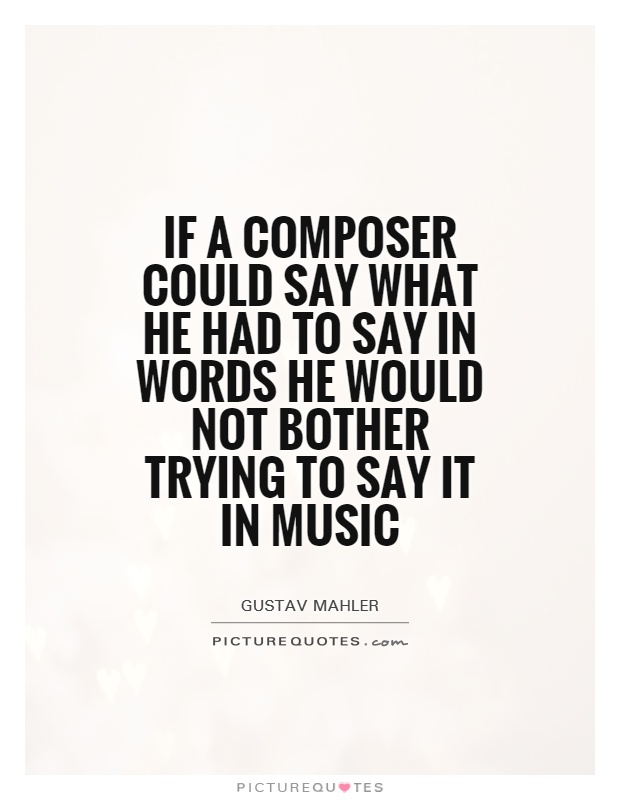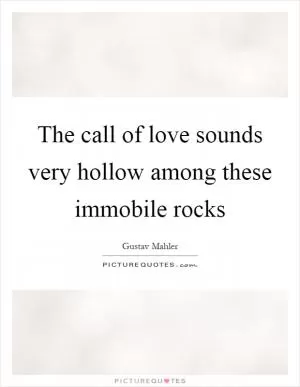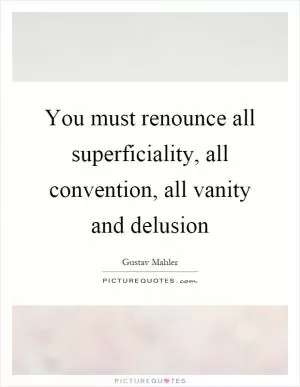If a composer could say what he had to say in words he would not bother trying to say it in music

If a composer could say what he had to say in words he would not bother trying to say it in music
Gustav Mahler, one of the most influential composers of the late Romantic era, is often quoted as saying, “If a composer could say what he had to say in words he would not bother trying to say it in music.” This statement encapsulates the essence of Mahler’s approach to composition and his belief in the power of music to convey emotions and ideas that transcend language.Mahler was known for his symphonies, which are often described as epic, complex, and deeply emotional. His music is characterized by its rich orchestration, innovative use of harmony, and profound emotional depth. Mahler’s symphonies are not merely musical works, but profound expressions of the human experience, exploring themes of love, loss, nature, and the search for meaning in a chaotic world.
For Mahler, music was a language unto itself, capable of expressing the inexpressible and touching the depths of the human soul in ways that words cannot. He believed that music had the power to communicate on a primal level, bypassing the limitations of language and speaking directly to the heart and spirit of the listener.












 Friendship Quotes
Friendship Quotes Love Quotes
Love Quotes Life Quotes
Life Quotes Funny Quotes
Funny Quotes Motivational Quotes
Motivational Quotes Inspirational Quotes
Inspirational Quotes